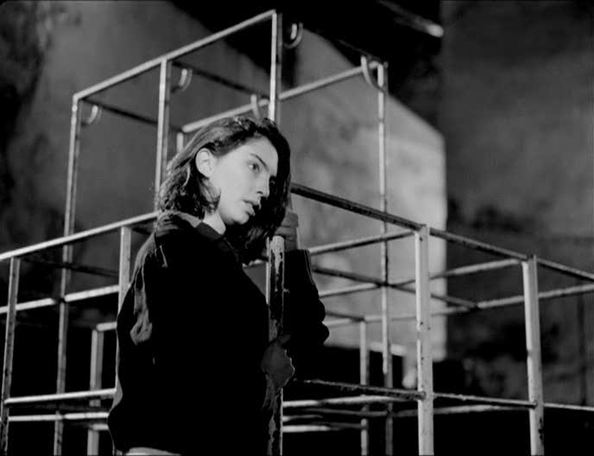 Vicente, a seventeen year-old, lives with his brother Nino, a ten year-old, and his dying father in a decrepit home on the outskirts of the city. Their father isn't a great man by any stretch of the imagination, owing money to the wrong people but Vincente and Nino care for him deeply. When their father finally succumbs to his ailments, Vincent and Clara, a primary school assistant who Vincente is romantically involved with, cover up his death in an effort to ease Nino's sorrow. This leads to visits from various individuals, most notably their uncle and the group of men in which their father owes money, both of whom in very different ways threaten to separate Vincente and Nino. Pedro Costa's Blood is a magnificently photographed exploration of what it means to be family, dealing with themes Costa would further explore in his later work. The film centers around the trauma and inevitable violence which displacement can have on an individual, capturing the isolation associated with longing. This is a film thats narrative is intentionally a bit murky, with the intentions of many characters throughout the film unclear, intensifying the isolation and trauma felt by Vincente after the death of his father. One cannot talk about Blood without mentioning the beautifully stark black and white cinematography, that uses contrast, shadows, and lighting that is visionary, reminiscent of the films of Carl Dreyer. This isn't just a pretty film but a film that uses lighting to illicit mood, with blacks that devour and whites that burn into the characters' souls. While some of his later films are far more mature thematically, Pedro Costa's Blood is an incredible first feature that only hinted at the type of filmmaker the man would become.
0 Comments
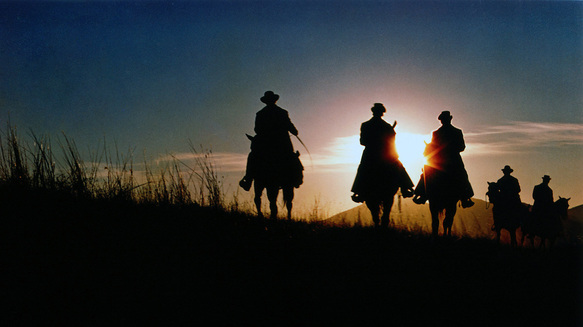 Walter Hill's The Long Riders chronicles the origins, exploits, and ultimate fate of the James Gang during the late 1800s. Casting real life brothers to make up the James-Younger gang (Dennis & Randy Quaid, and Keith & David Carrandine and Stacey & James Keach), Hill creates a sympathetic portrayal of the legendary outlaws. Hill's lean and mean style is a perfect fit for the material, as he covers a ton of ground in very little time, never all that interested in capturing a specific character's point-of-view. I believe this was an intentional decision of the directors, wanting to capture these men as a unit more so then as individuals. This is a film much more interested in the personal lives of the James-Young Gang, giving very little screen time to the various heists they commit along the way. Brotherhood, family, and most of all survival are central themes to the story, with Hill showing how their legendary bank raids began as an act of revenge. Reminiscent of the time in cinema, the action scenes in The Long Riders use an abundance of slow-motion, with Walter Hill intent on capturing the carnage of these gun-fights in gruesome detail. This use of slow-motion combined with kinetic editing make the few action scenes of the film chaotic and intense, particularly during the final shootout which is quite memorable. Walter Hill's The Long Rider's is a lesser film in the director's canon but its sympathetic portrayal of these legendary outlaws make it worth a watch. 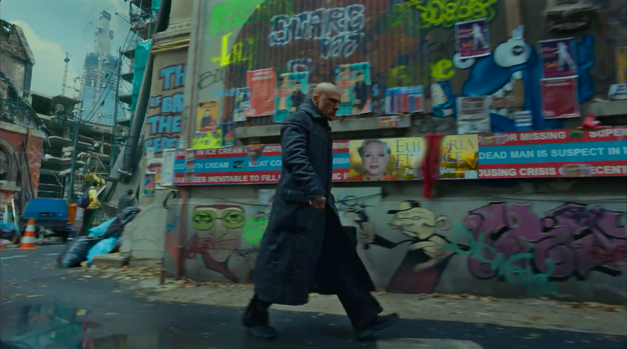 Qohen Leth works as a computer analyst, breaking down complex models for Mancorp, a massive technology corporation. Called in by his superior, Qohen is tasked with a new assignment - discover the reason for human existence. As Qohen attempts to unlock the secret to humanity, he finds his work interruped by a brilliant teenager and a beautiful young woman who begins to distract him. Terry Gilliam's The Zero Theorem is a complex film that is full of fascinating ideas, but unfortunately the film never quite becomes the sum of its thought-provoking parts. Full of Gilliam's typical trademarks - overbearing technolgy, instiutional paranoa, stream of concious realities, and quirkiness, The Zero Theorem feels very much like one of his films, though some ideas work far better than others. I believe The Zero Theorem could have benefitied greatly by spending more time defining the world Qohen lives in, capturing the oppresive nature of technology and the current state of humanity. In not doing this, I found myself lost early on in the film, struggling to attach myself to the story and main protagonist. As one would expect, the production and art design of The Zero Theorem is very impressive, creating a technology-heavy big-brother type world that is equal parts beautiful and terrifying. Gilliam's commentary on technologies relationship with humanity and how they are conflicting forces by nature is by far the most compelling, with Qohen being a man whose lost almost all semblance of what is means to be human, whether he realizes it or not. Terry Gilliam's The Zero Theorem is not the triumphant return of the filmmaker some are expecting but I'd much rather watch a filmmaker attempt to do something different and unique even if it never becomes completely cohesive. 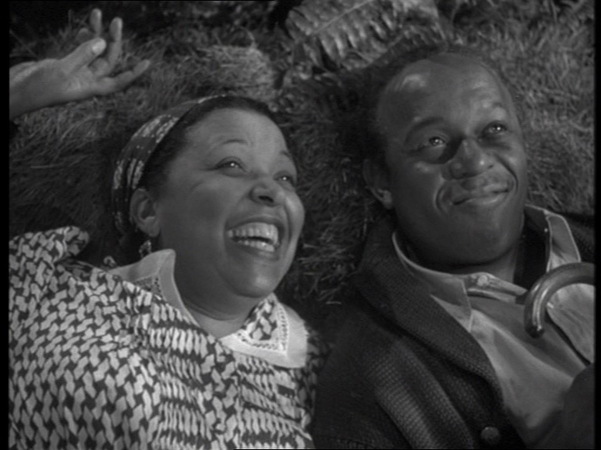 Little Joe and his wife Petunia live a modest life in a small cabin in the countryside. A compulsive gambler, Little Joe constantly struggles with his demons while Petunia, a upstanding christian woman, does her best to keep him on the right path. During one of his latest relapses, Little Joe is shot, leaving him near death. Lying on his deathbed, Joe is visited by servants of hell led by Lucivfer Jr, who explain that the devil is ready to collect his soul. Luckily for Joe, Petunia is a true believer of god and thanks to her praying, a group of Angels lead by "the general of god's army" intervene, granting Little Joe a six-month reprieve to prove he belongs in Heaven not Hell. Vincente Minnelli's Cabin in the Sky is high-concept, stylized musical that could be described as a gospel-inspired retelling of Faust. Featuring an entirely African American cast, Cabin in the Sky feels quite ahead of its time, showcasing the talented group of John Bubbles, Louis Armstrong, and most notably, Ethel Waters' pristine singing talents. Cabin in the Sky centers around the idea that men and women are constantly grappling with their conscience to do the right thing, and Minnelli uses this idea to his advantage, with creative sequences where we see 'Lucifer Jr." and "the General of God's army' going toe to toe, as they hope to have Little Joe join their side. At its heart, Cabin in the Sky is a very optimistic film, arguing that all people are inherently good, with Little Joe being a symbol of a good man whose made a few bad mistakes. Given the subject matter, Minnelli does keep the tone of Cabin in the Sky relatively light, with an abundance of music numbers that break up the more weighty dramatic and spiritual discussion. While I found the musical numbers to be a little obtrusive to the narrative, Cabin in the Sky is a wholly enjoyable, creative musical that weaves fantasy and reality together to create a powerful and enjoyable experience. 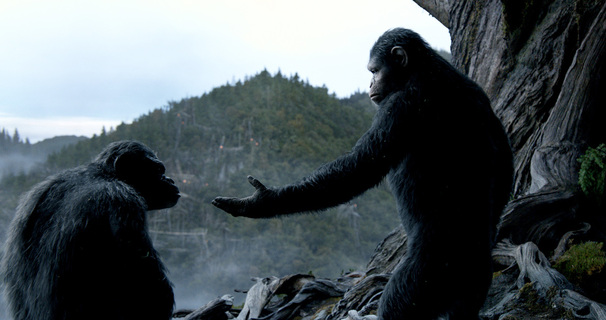 Taking place ten years after the events of its predecessor, Dawn of the Planet of the Apes picks up in the post-apocalyptic future where nearly all humans have been wiped out by the man-made virus. Caeser, the leader of the apes, grows his "family" of genetically superior apes in peace until a band of human survivors wanders into the area they consider home. With tensions running high between the humans and the apes, Caeser forms a fragile peace that is short-lived, as the darker-side of humans and apes unleashes a war over who is Earth's most dominant species. Featuring some of the most impressive computer effects and face-recognition technology, Matt Reeves' Dawn of the Planet of the Apes is an intelligent, thrilling blockbuster that manages to thrill and stimulate the audience. The film's message and/or theme touts the franchise-line, capturing how humans and apes are much more similar than different, each having large flaws but also the capability to show compassion and empathy. This is a film that manages to keep the tension high throughout its entire running time, keeping the viewer on the edge of their seat as it pertains to the ape and human's ongoing diplomatic relationship. Caeser is the main character of this film, an ape who only wants the best for his fellow brethren, understanding that peace is the only way to guarantee safety. For a CGI performance, Andy Serkis delivers impressive work, though I still must admit I struggle to get fully invested with a CGI character regardless. Compared to most typical blockbuster fair, Dawn of the Planet of the Apes features some of the most intellectually complex characters of the summer, delivering a fun, relatively intelligent bit of entertainment. 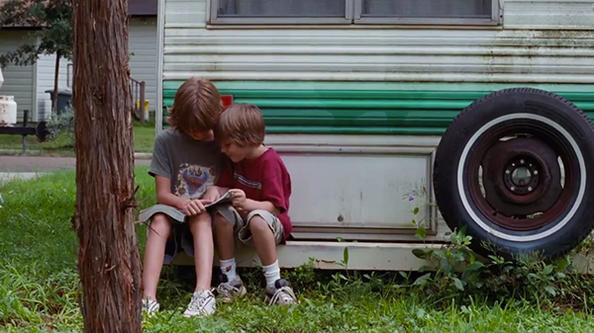 12 years in the making, Richard Linklater's Boyhood is an incredible achievement in filmmaking which almost feels bulletproof from a critical perspective. For those unaware, Boyhood tells the story of Mason, who literally grows up on the screen before the audiences eyes, going from six years old to a full-fledged adult. I must admit, I was a little concerned that Boyhood was not much more than a clever gimmick, but with Richard Linklater running the show, those fears were quickly relinquished. Simply put, Boyhood is a film about life itself, being incredibly poignant and relateable to everyone with a pulse. Boyhood is a film that greatly affected me on an emtonional level, triggering memories and nostalgia from my past that had laid dormant for many years. While the film centers its story around Mason this is a film about his entire family, with every character in this film being multidimensional characters each with their own flaws and strengths. Richard Linklater deserves an incredible amount of praise for creating such a free-flowing, deeply collaborative film that has the fingerprints of all the actors experiences throughout it. That being said, this film is the definition of a deeply personal film that personifies Richard Linklater as a person, capturing the soul of the filmmaker in the process. Boyhood defies traditional storytelling conventions, never falling victim to the restraints of "three act structure", instead being a film that feels like life itself where actions, consequences, emotions, etc. are not nearly as structured as many screenplays make life out to be. Linklater doesn't waste time defining the time or age of the characters throughout Boyhood because he understands it doesn't matter, capturing the relationship between memory and time and how it is not nearly as structured or defined in our heads as we make it out to be. Simply put, Richard Linklater's Boyhood is a deeply poignant, inspiring film about the human condition that is most likely the pinnacle of a great career. 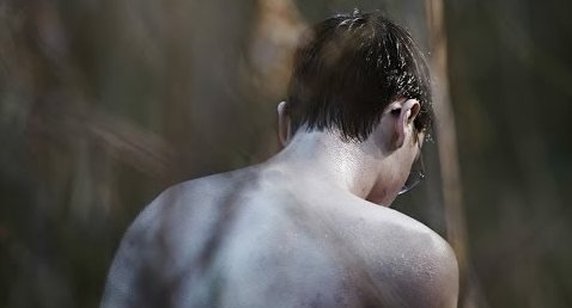 Taking place in a small rural town, Carter Smith's Jamie Marks is Dead tells the story of Adam, a high school cross country star, who becomes infatuated with Jamie, a recently deceased fellow student whose body was found down by the river. Bullied, Jamie was a boy with slim to no friends, who no one knew. When Jamie's ghost begins to appear to Adam, he finds himself caught between his burgeoning romance with Gracie, a female classmate, and his deep connection with Jamie, who introduces him to the world of the undead. Carter Smith's Jamie Marks is Dead is an interesting, albeit messy ghost story that's overall message comes off a little muddled. From what I gathered, Jamie Marks is an allegory about homosexuality, with Marks' dead character representing the loneliness and isolation one could feel when surrounded by individuals not open to accepting all types of people. While the film is artfully done from a cinematography and direction standpoint, the writing leaves something to be desired, consisting of way too many eye-roll inducing moments The story itself was far more convoluted than it needed to be too, with supporting performances by Liv Tyler and Judi Greer that feel completely unnecessary and quite frankly slow down the pacing of the film. I understand that these characters are there to push Adam's character into a more isolated state, capturing how him and Jamie can relate, but the way it's done is terribly inefficient. Featuring some solid performances from its lead actors, Jamie Marks is Dead is a slightly more intelligent version of the Young Adult supernatural genre, that is full of emotion but never quite reaches the desired poignancy it was hoping for.  Apichatpong Weersasethakul's films are not the most accessible experiences to the casual viewer and Mekong Hotel isn't any different. Similar to most of his work, Mekon Hotel is a film of great ambiguity, dealing with Weerasethakul's usual ruminations on Thai folklore, spiritualism, and the current sociopolitical conditions of Thailand. Almost the entire film takes place on the balconies of the hotel, overlooking the vast Mekong River with characters engaged in both profound and commonplace discussions. When it comes to Apichatpong Weerasethakul's films I tend to struggle grasping everything he wants to say, but in Mekong River, the zen-like expose on spiritualism and reincarnation stood out. The characters of Mekong Hotel talk about various political issues like the governments poor handling of the flood in Bangkook, as well as spiritual discussions like reincarnation but the way Apichatpong Weerasethakul juxtaposes the imagery of jet-skiers and floating trees on the grand river as a way to symbolize a human's journey through life and death is fascinating and slightly off-putting. The off-shoot of a failed feature, Mekong Hotel is more a smattering of Weerasethakul's typical ideas than a feature film that will most likely only be appreciated by the most astute art-house patrons. 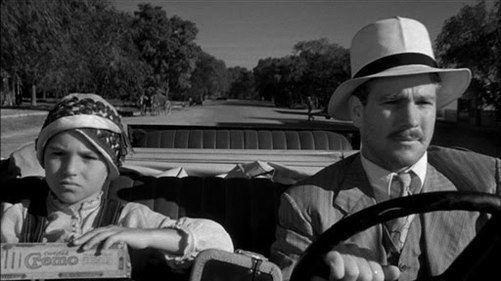 Potentially my largest cinematic blindspot to-date, Peter Bogdanovich's Paper Moon tells the story of a con-artist bible salesman who inadvertently is given the responsibility of taking care of an orphaned child who may or not be his own offspring. Addie, the orphan girl, is sharp and hardened due to the Depression-era, quickly teaming up with Moses to con people throughout Kansas as a way to get by. Paper Moon is everything one could hope for out of a road trip movie and so much more, capturing a life-changing personal journey for its two main protagonists whose attachment to each other grows despite their initial disdain. The film never makes it clear whether Addie is Moses' daughter or not, with Bogdonovich realizing this simply isn't important in driving the story forward. A film that could have easily become overly-dramatic and emotionally manipulative, Peter Bogdanovich manages this film with a great deal of subtlety both in the father-daughter dynamic and how it evolves, to how the film handles the great depression. Paper Moon subtlety creates one of the best portraits of the great depression committed to celluloid, capturing the desperate times that forced many people to step out of the comfort zone in order to make the money necessary to survive. Outside of Moses and Addie, Paper Moon introduces a host of characters from different walks of life, all of which seem to be doing what is necessary to survive in these harsh times. The best example of this may be a prostitute type character known as Trixie, who manipulates Moses into taking care of her. What is surprising about this segment of the film is how much respect Bogdanovich gives Trixie as a character, never condemning her but understanding that she is simply using her assets to survive. Bogdanovich is one of the most underrated directors specifically from a visual perspective, with Paper Moon being another great example of his natural understanding of when to move to camera to create maximum emotional impact in the viewer. Featuring one of the best child performances of all time, great natural chemistry between its two leads, and sharp direction, Paper Moon is another great film by Peter Bogddanovich. 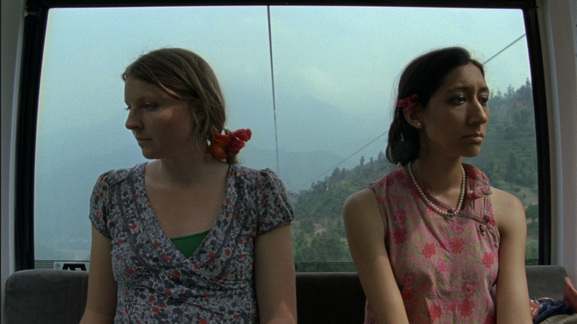 Shot exclusively in the small space of a cable car, Stephanie Spray & Pacho Velez's Manakamana is a unique, and quite frankly mesmerizing documentary. Similar to some of Andy Warhol's films, Manakmana attempts to capture life itself as it observes the various pilgrims as they make the journey high above the jungle in Nepal to the ancient mountaintop temple. Compromised of 11 seperate rides, Manakamana is basically the definition of an art film, in documentary form, a film that is bound to test the patience of some viewers but for those willing, it offers a rich sensory experience that invigorates the viewer's imagination as to the past, present, and future of the indivduals making up the film. The various individuals captured throughout Manakamana come from all different walks of life, ranging from young boy's to old women, yet Manakamana captures how similiar they are on this journey through their observations, body language, and conversations. There are lots of interesting observations to be made in Manakamana but the central ideal seems to revolve around presenting a country in transition, going from ancient tradition to modernity and how the film juxtaposes this ideal is truly fascinating. Stephanie Spray & Pacho Velez's Manakamana is a tender, poignant film which presents a window into the world of a group of strangers with fascinating results. |
AuthorLove of all things cinema brought me here. Archives
June 2023
|
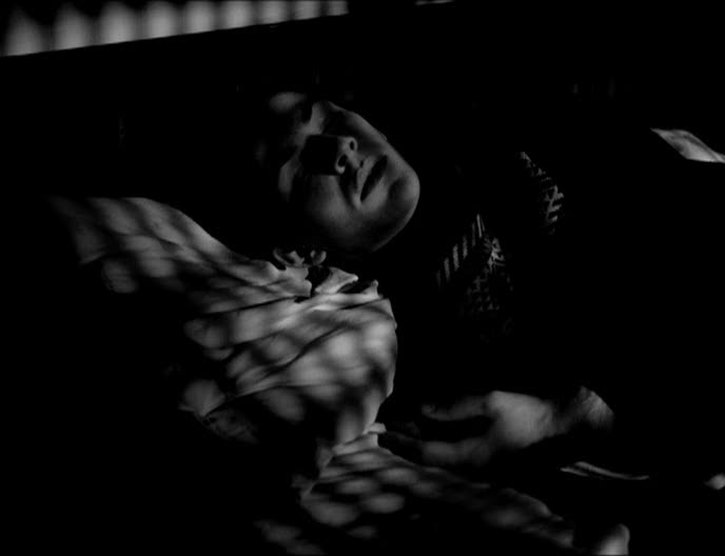
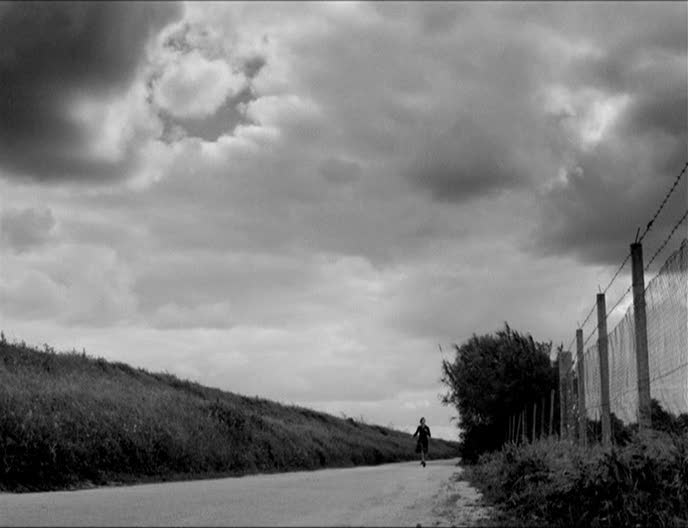
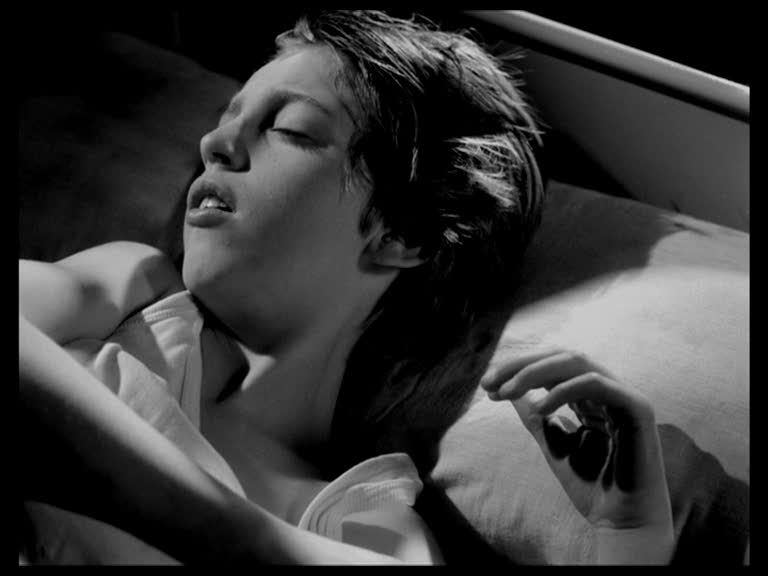
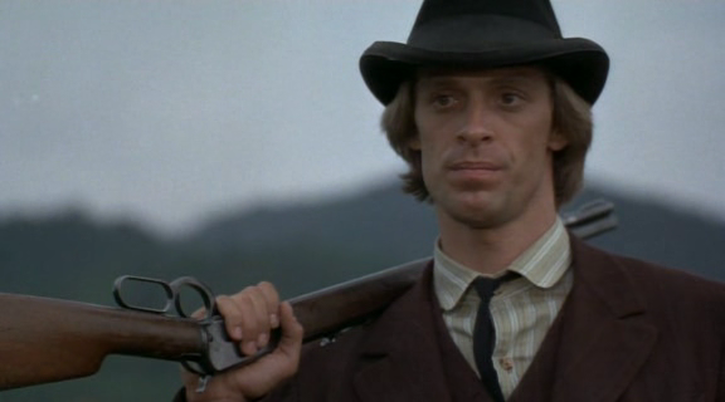
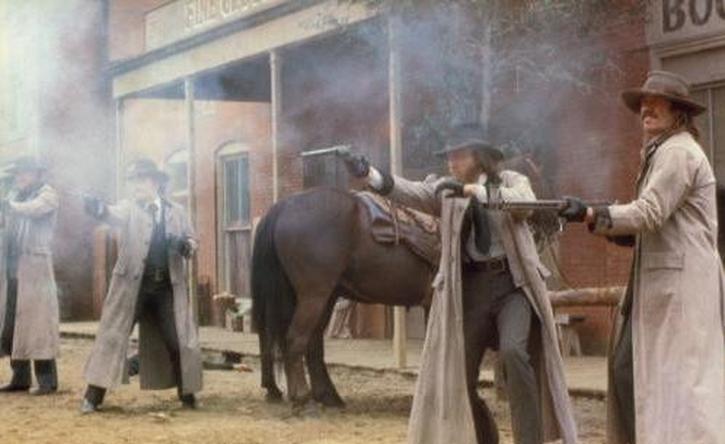
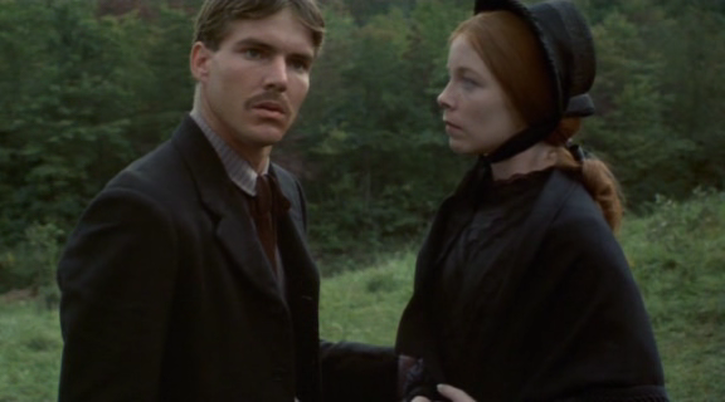
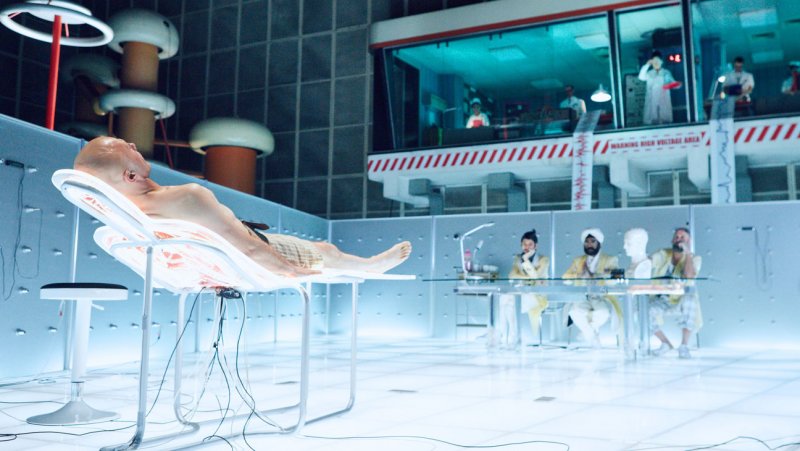
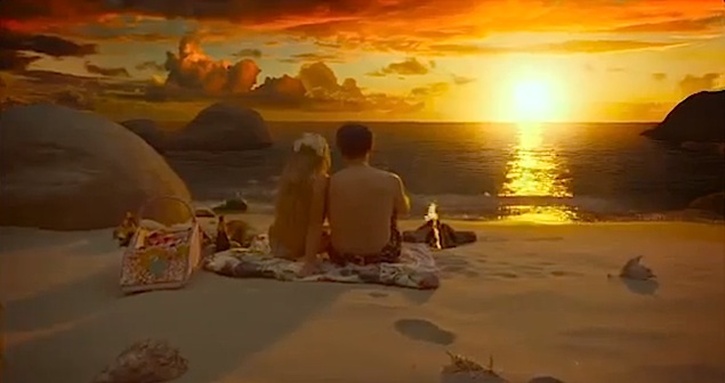
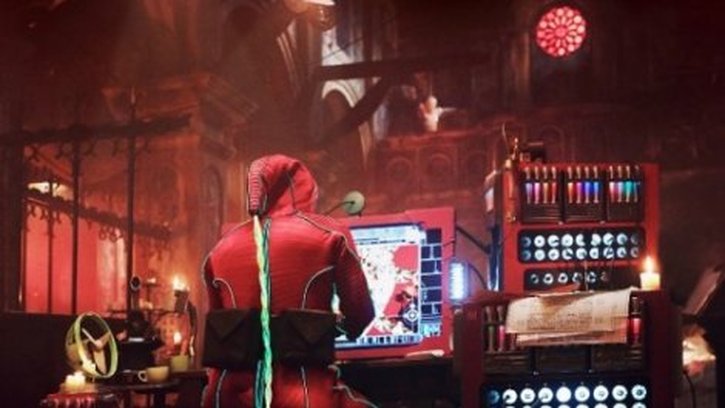
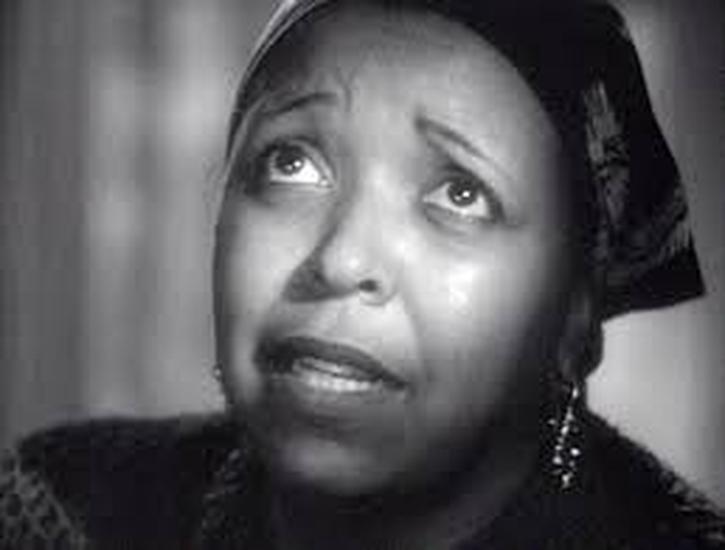
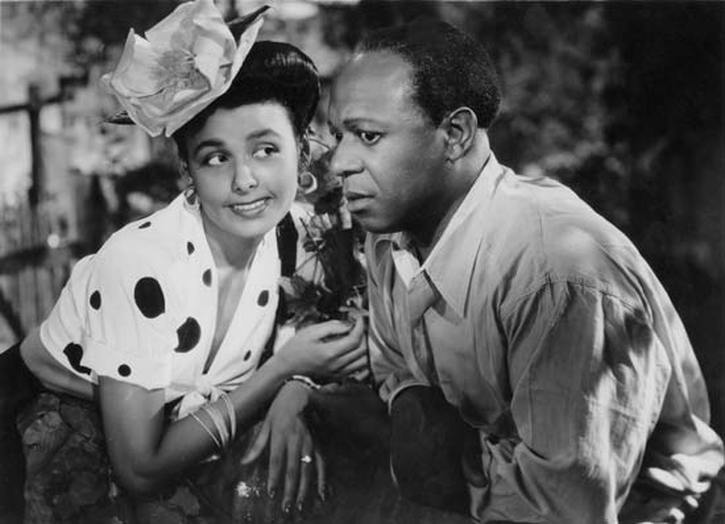
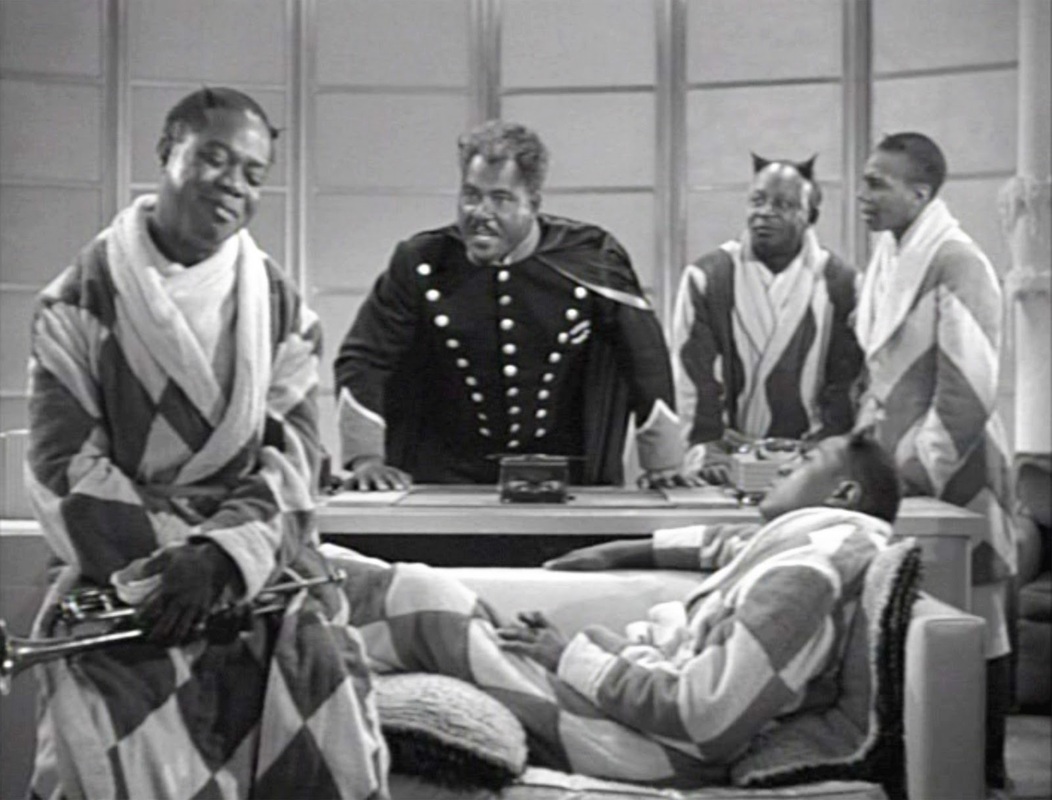
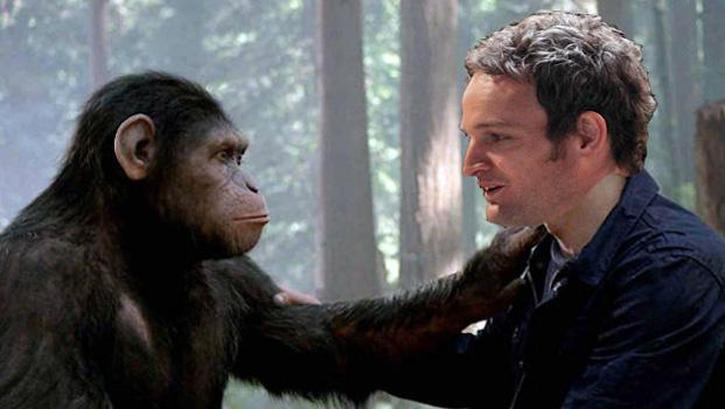
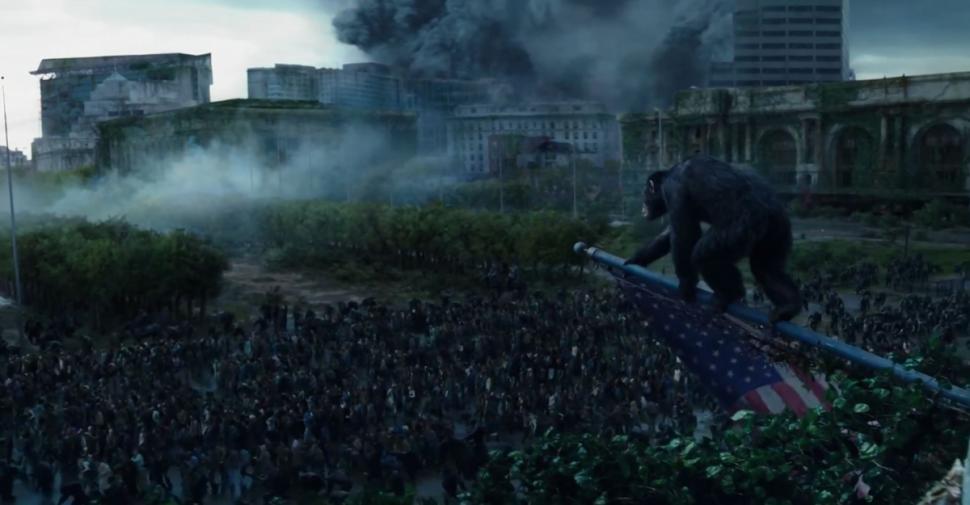
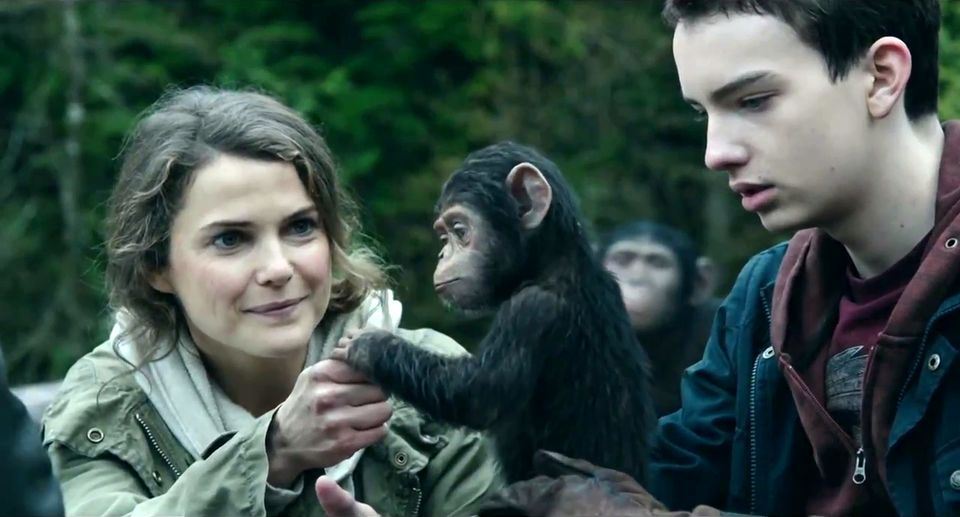

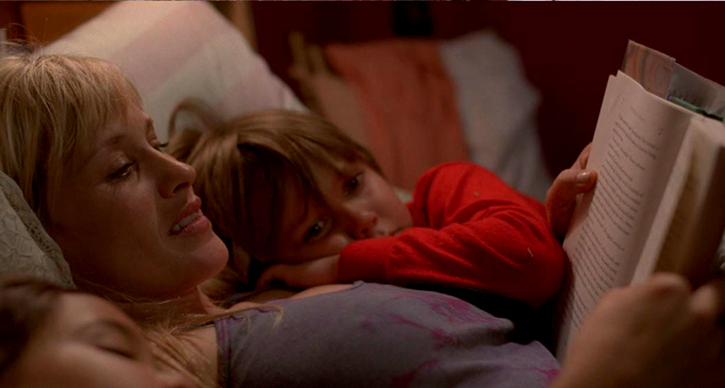
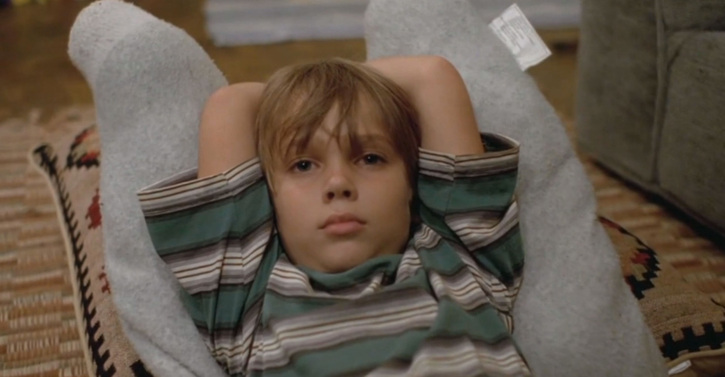
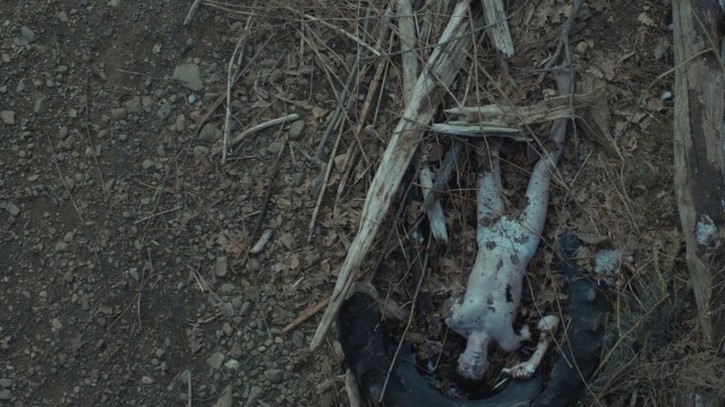
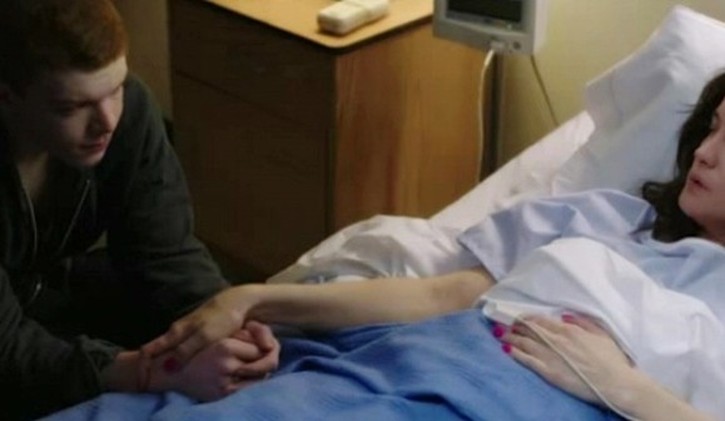
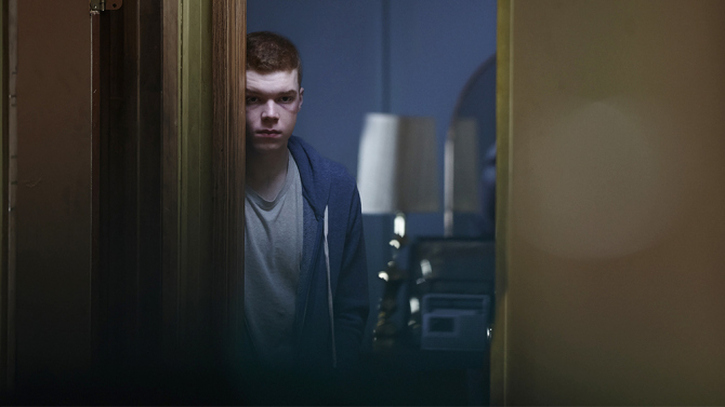
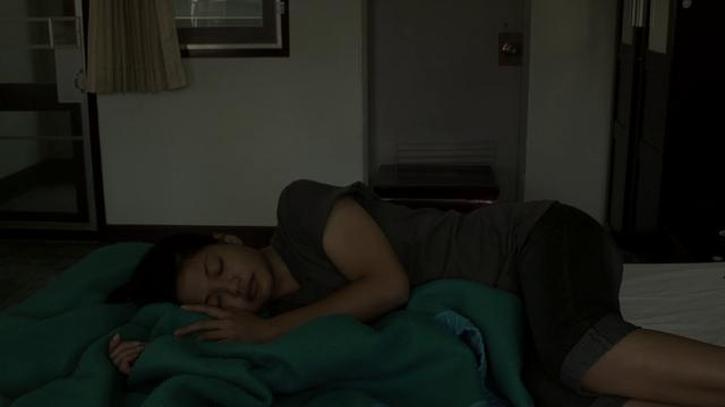
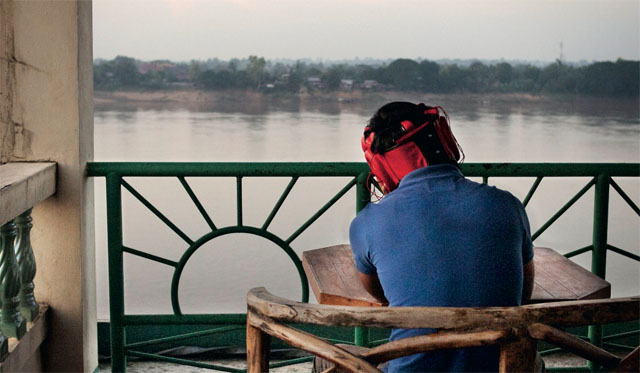

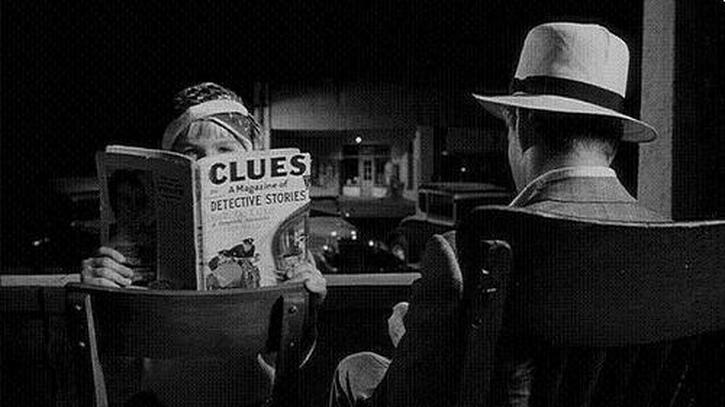
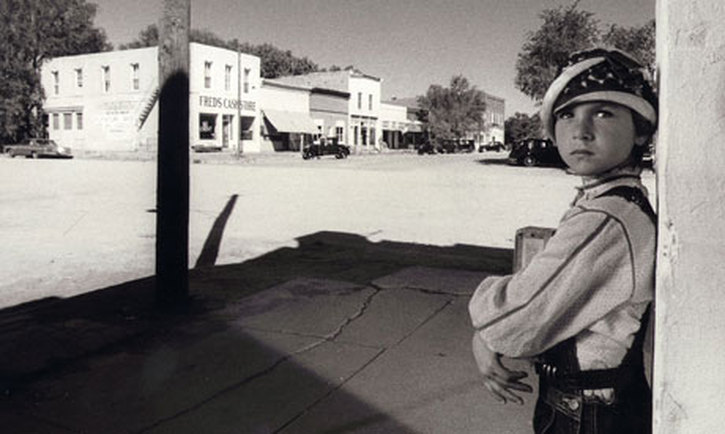
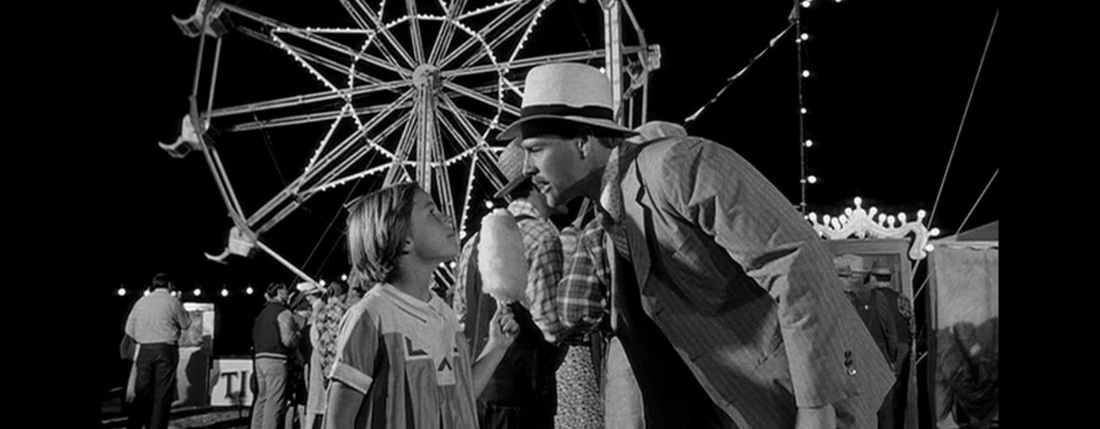
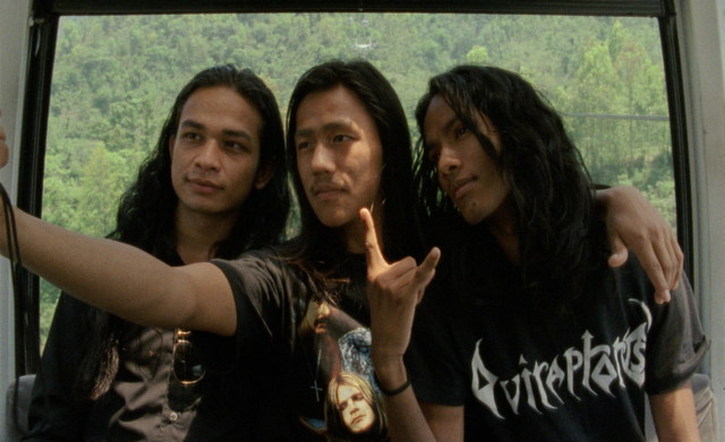
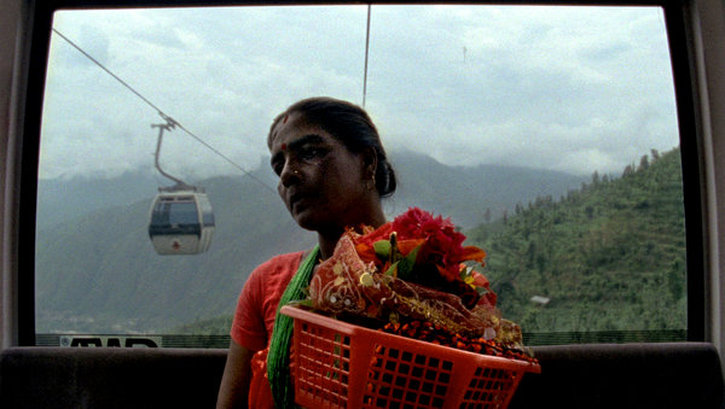
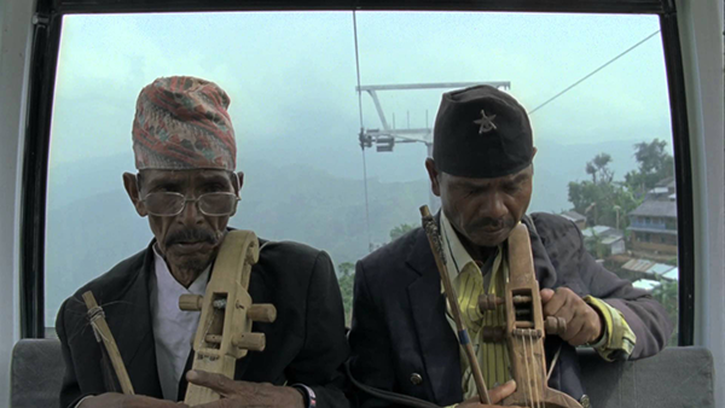
 RSS Feed
RSS Feed
